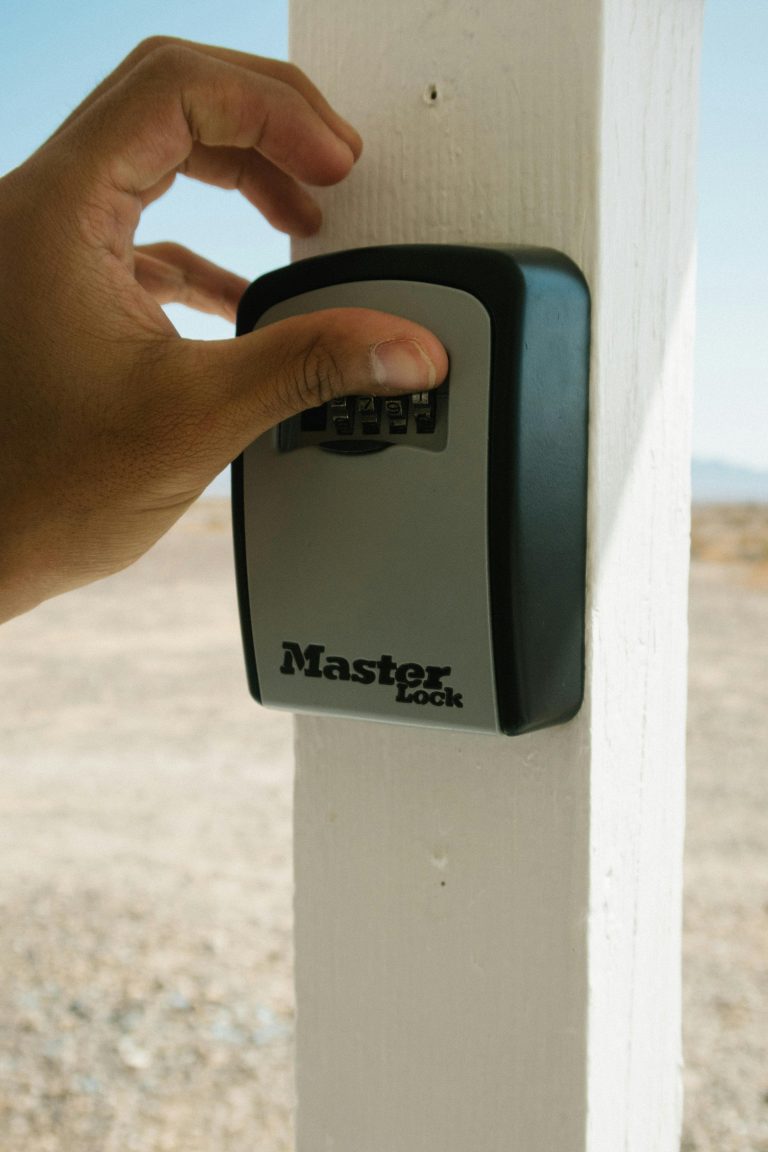Understanding Listing Agreements Before You List Your Home
If you’re thinking about selling your home, one of the most important steps you’ll take is signing a listing agreement with a real estate agent. This legal document sets the foundation for your working relationship, outlines expectations, and protects both parties during the home-selling process. Yet many homeowners sign listing agreements without fully understanding what they mean.
In this blog, we’ll walk you through the basics of listing agreements, help you understand your options, and show you how to make sure you’re comfortable with the terms before you list.
What is a Listing Agreement?
A listing agreement is a contract between a homeowner and a real estate broker that authorizes the broker to act as the seller’s agent in the sale of the property. It typically includes details such as:
- The listing price of the home
- The duration of the agreement
- The commission the seller agrees to pay
- Services the agent will provide
- Expectations around marketing and showing the home
- Whether the agreement is exclusive or non-exclusive
It also outlines the obligations of both the agent and the seller, making it a critical piece of the sales process.
Types of Listing Agreements
There are three common types of listing agreements:
Exclusive Right to Sell
This is the most widely used listing agreement. The agent has full rights to market the home and is entitled to a commission regardless of who finds the buyer. If you want full-service support and broad marketing reach, this is the option most sellers choose.
Exclusive Agency
In this arrangement, the agent still represents the seller, but the seller retains the right to find a buyer on their own and avoid paying a commission. This can be attractive to sellers who already have a potential buyer lined up, but it may reduce an agent’s motivation to fully market the property.
Open Listing
This is a non-exclusive agreement where the seller can work with multiple agents and only pay the one who brings the buyer. Open listings are rare in residential real estate and often seen in FSBO (for sale by owner) scenarios.
Key Clauses You Should Review Carefully
Every listing agreement includes important legal language. You should pay close attention to:
- The start and end dates of the contract
- Commission percentage and structure
- What happens if you decide to take the home off the market
- What is included in the agent’s marketing strategy
- What fees you are responsible for at closing
Make sure to ask your agent to explain any section that’s unclear. A good agent will walk you through it line by line.
How to Protect Your Interests
The best way to protect yourself is by reading the listing agreement carefully and asking plenty of questions. Do not feel pressured to sign on the spot. Take time to understand what’s included and what’s not. If you’re unsure about something, consider reviewing it with a real estate attorney.
You should also feel empowered to negotiate aspects of the agreement. For example, you may want to clarify how showings will be scheduled or discuss how your home will be marketed online. Some sellers even negotiate shorter contract lengths if they want flexibility.
Working with the Right Real Estate Agent
Choosing the right listing agent can make a huge difference in your selling experience. It’s not just about finding someone to put a sign in your yard, it’s about working with someone who understands your goals, knows the market, and communicates clearly.
If you’re wondering how to find the right agent or what questions to ask, check out our earlier blog: Why a For Sale Sign Won’t Sell Your Home. It digs deeper into what makes an agent effective in today’s real estate market.
Final Thoughts
Listing agreements may not be the most exciting part of selling your home, but they are one of the most important. Taking the time to understand what you’re signing will help you avoid surprises later and ensure you and your agent are on the same page from day one.
If you need help navigating a listing agreement or want to be connected with a real estate professional in your area, I’d be happy to put you in touch with someone I trust.







